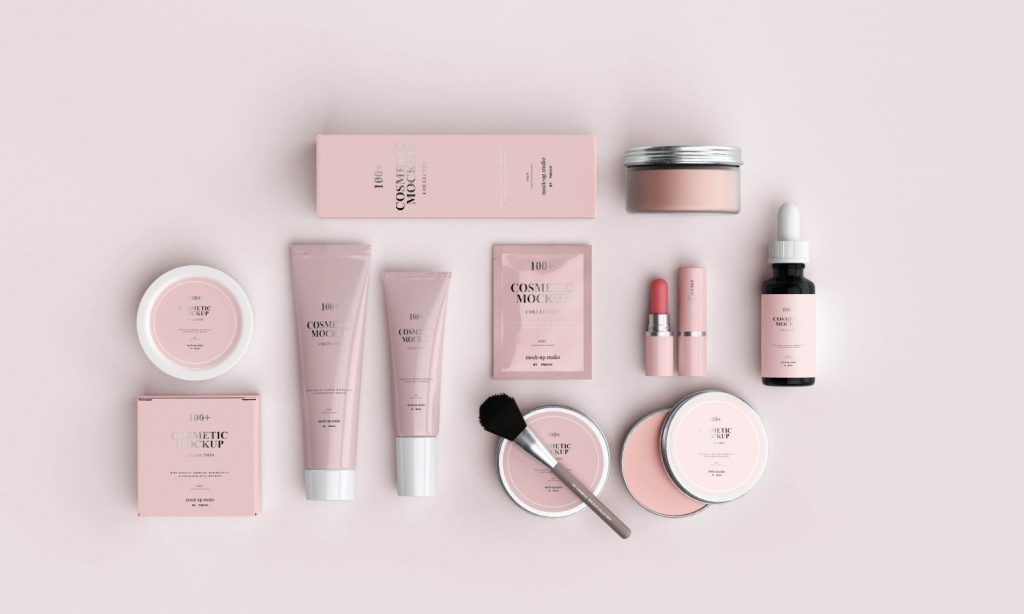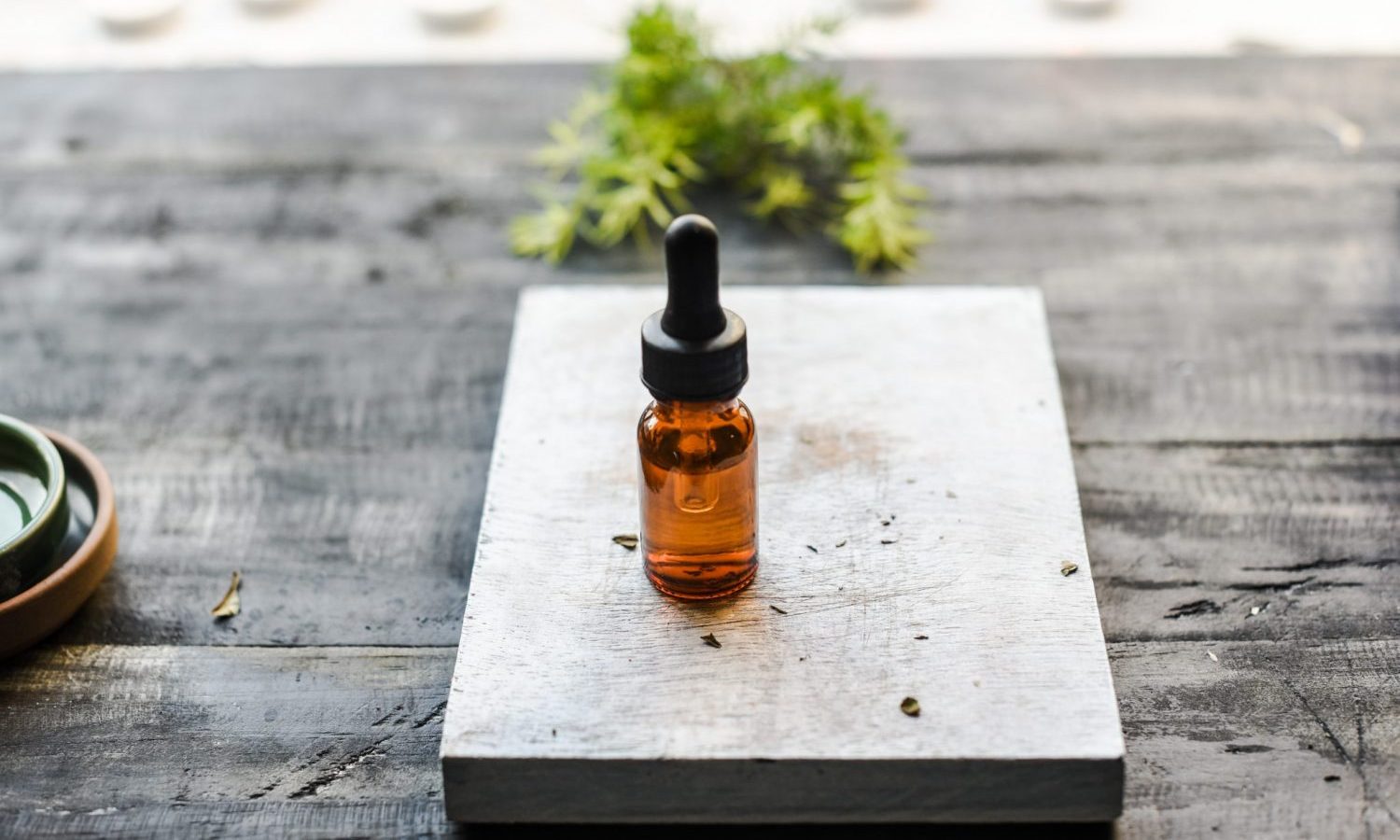This is obviously not good for CBD companies, though there may be light at the end of the tunnel.
If you’ve been reading our blog for the last few years, you know that California has taken a pretty absurd position on hemp-derived CBD for the last few years. Though the state led the charge to legalize cannabis (in California, “cannabis” is legally defined as only marijuana and not hemp), the state just can’t get its act together with anything that’s made from hemp.
In 2018, the California Department of Public Health (CDPH) published an FAQ that said that hemp CBD could not be added to any kind of orally consumable product like foods, beverages, dietary supplements, or animal products, which has been the rule ever since.
You can read an older analysis of mine on the CDPH’s position here. In my opinion, the CDPH’s position was highly suspect – there is no law in the state that actually forbids adding CBD to anything; the CDPH just followed the federal Food and Drug Administration’s (FDA) position. While the FAQ did not expressly say so, it appears that the CDPH actually took the position that CBD was an adulterant under the state’s Sherman Food, Drug, and Cosmetic Law (which is similar to the federal Food, Drug and Cosmetic Act laws that the FDA enforces).

Local agencies like the Los Angeles County Department of Public Health issued statements that did state that CDPH was an adulterant, ostensibly because CDPH took that position. And so without undergoing any kind of rulemaking process, CDPH effectively outlawed CBD consumables, and CDPH and local agencies actually enforced this position.
While CDPH made its stance relatively clear with respect to oral consumables, it was not totally clear with respect to cosmetics. The FAQ does not mention cosmetics once and its full title is “FAQ – Industrial Hemp and Cannabidiol (CBD) in Food Products” (that’s not my emphasis, but CDPH’s). In the wake of this FAQ, it was unclear what exactly CDPH’s position was on cosmetics. Under the Sherman Law, the state technically has authority over cosmetics, so it’s not clear what the agency’s position was and many people assumed that the agency’s silence on CBD in cosmetics meant it was okay with them.
RELATED: Not All CBD Topicals Are Treated Equal

However, in January 2021, CDPH quietly issued a revised FAQ, which is now called “CDPH Information on Industrial Hemp (IH) Derivatives Including Cannabidiol (CBD)”. The single-page revised FAQ starts out by expressly adopting the FDA’s position banning CBD as a food additive, dietary supplement, or pet food, and then goes on to expressly state that CBD is an adulterant in food and cosmetics. Here’s the relevant language:
California’s Sherman Food and Drug Law provides that any food (which includes beverages and pet food) is adulterated if it is, bears, or contains any food additive that is unapproved, and that a cosmetic (which includes lotion and salves) is adulterated if it bears or contains any poisonous or deleterious substance that may render it injurious to users under the conditions of use prescribed in the labeling or advertisement of the cosmetic, or under conditions of use as are customary or usual.
Hulled hemp seed, hemp seed protein, and hemp seed oil are the only components of hemp that are GRAS and allowed in food. CBD derived from hemp or any other source is currently not allowed in any of the items regulated by the Food and Drug Branch of the California Department of Public Health, including foods, drugs, and cosmetics.
And, there you go. CDPH has now taken the incredible position that CBD cannot be added even to cosmetics such as lotions or salves in the State of California. This position is even more restrictive than FDA’s stance on the same topic. In all, it seems that the agency is intent on doing everything in its power to make life difficult for the industry. There are numerous states that are doing their best to regulate CBD products and ensure they are safe in spite of the FDA’s position, but California – the largest economy in the U.S. – has decided to just ban the products. As of now though, we aren’t aware of any publicized enforcement efforts.
RELATED: CBD Cosmetics: Unregulated, Yes. Risk-Free, No.
This is obviously not good for CBD companies, though there may be light at the end of the tunnel (a big maybe) given that there are efforts to pass actual laws that will force CDPH and other agencies to regulate CBD products. We will see if that pans out, so stay tuned to Canna Law Blog for more updates.
Griffen Thorne is an attorney at Harris Bricken, a law firm with lawyers in Seattle, Portland, Los Angeles, San Francisco, Barcelona, and Beijing. This story was originally published on the Canna Law Blog and has been reposted with permission.


